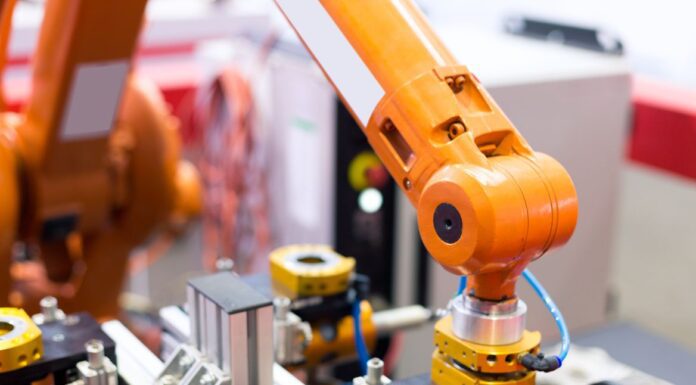Parliamentary Secretary to the Premier Craig Ondarchie has announced the start of the “Chemicals and Plastics Innovation Network and Training Program” at the start of the Plastics and Chemicals Industries Association (PACIA) national conference in Melbourne.

The initiative is aimed at creating global market opportunities, increasing collaboration between SMEs and multinationals, enhancing manufacturing innovation, and delivering a new generation of industry professionals across the chemicals and plastics industry.
Led by Monash University and the Plastics and Chemicals Industries Association (PACIA), the initiative will have an initial investment of $5.9 million, with 600,000 of the total amount coming from the Victorian Coalition Government’s Manufacturing Productivity Networks program.
“The network of 20 organisations led by PACIA and Monash University will more than match the government’s $600,000 grant for a total project cost of $5.9 million including in-kind support, and will seek to address obstacles to growth that are facing the chemicals and plastics (C&P) industry,” Mr Ondarchie said in a media release.
According to the media release by Monash, the initiative is expected to deliver outcomes to hundreds of other businesses associated with the collaboration.
Monash University’s Vice-Chancellor and President, Professor Margaret Gardner AO said the University would co-sponsor over 16 innovation projects with industry, through Monash’s new Graduate Research Interdisciplinary Program.
“These projects will enable exceptionally talented students in science and engineering the opportunity to work with around 40 top academics and industrial researchers on leading edge innovations for the chemicals and plastics manufacturing industry,” Professor Gardner said.
PACIA CEO Samantha Read said the industry showed great interest in the program.
“We have seen a tremendous response from industry to this initiative. This is recognition of the vital importance of strong collaboration between academia, the research community and industry in helping to drive innovation. The role of innovation in helping to create competitive advantage for the Australian chemistry industry cannot be overstated,” Ms Read said.
“The highly talented and skilled PhD researchers coming out of this program will have a firm understanding of industry needs. This is an extremely valuable contribution towards the on-going development of Australia’s technology base and a highly skilled and productive workforce.”




















